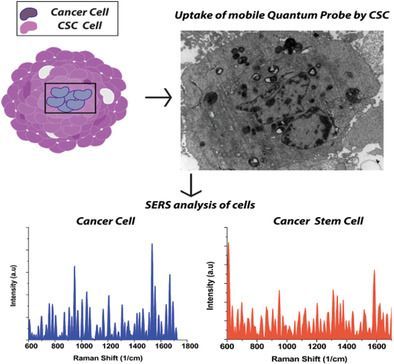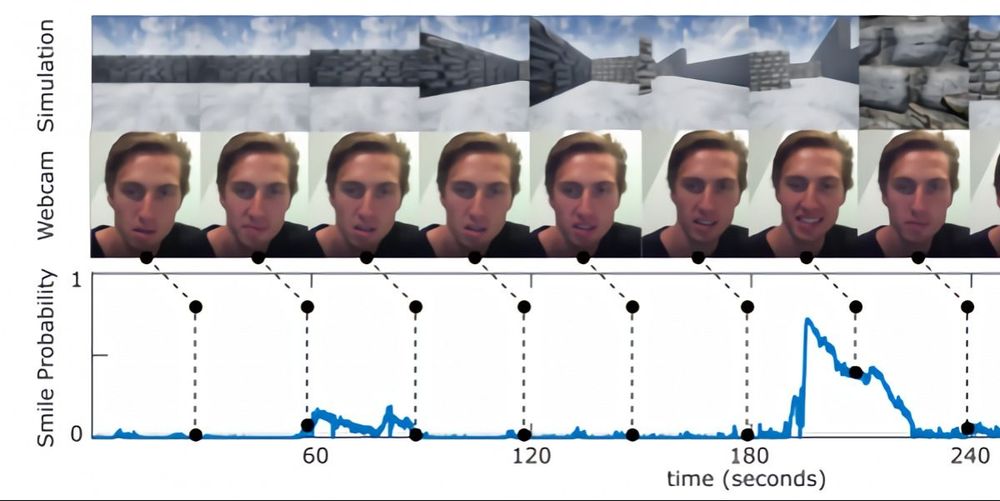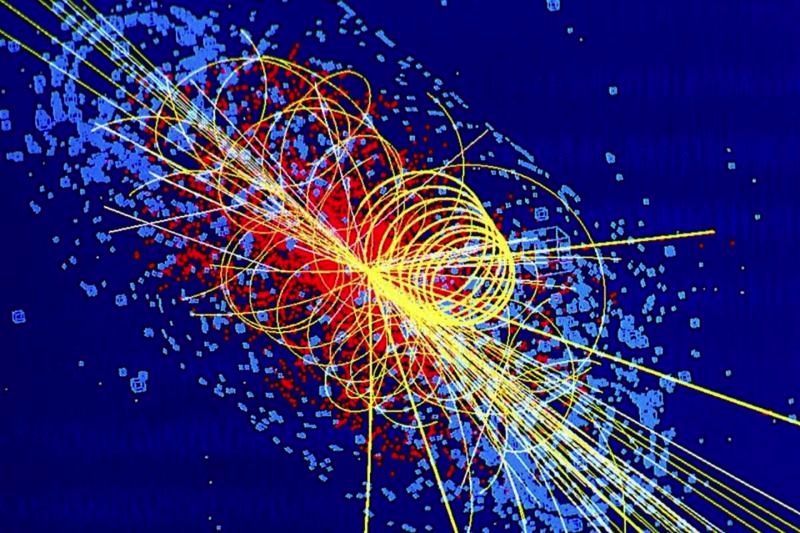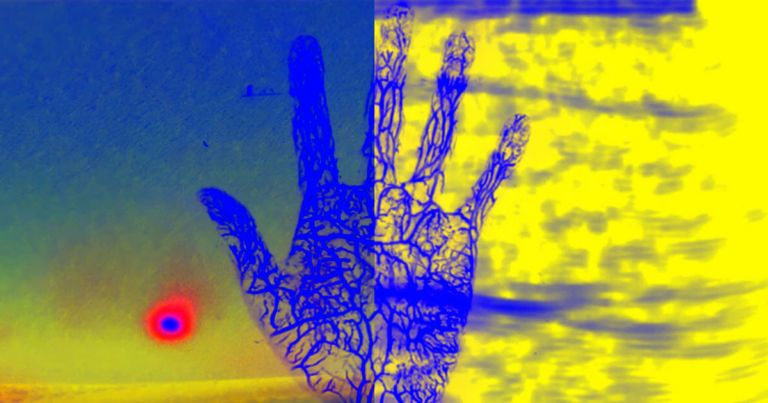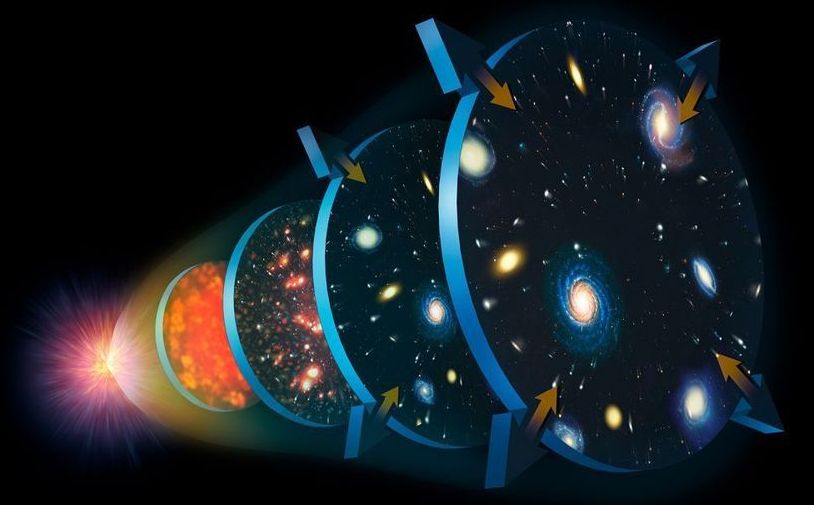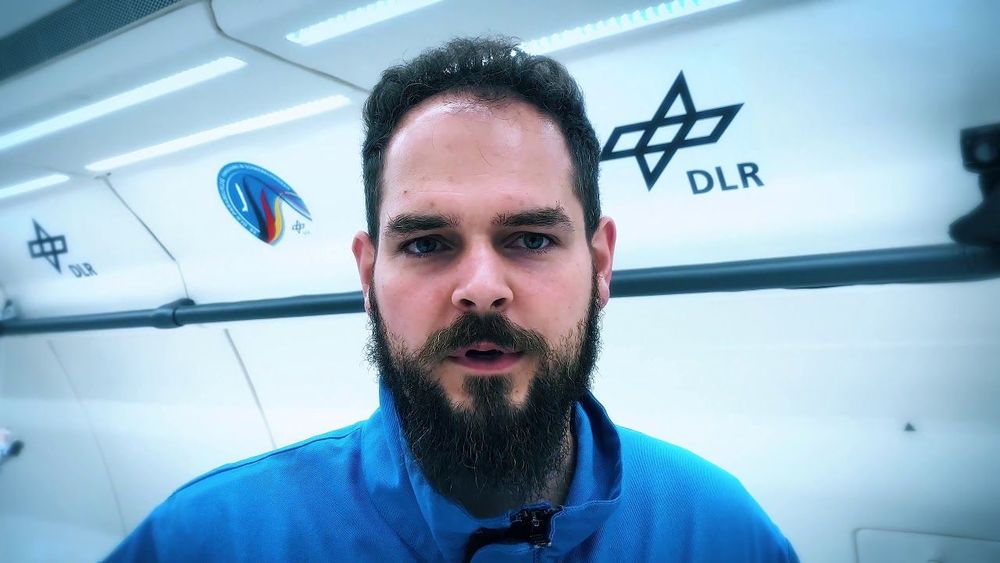Dec 28, 2019
Detecting the Origin of Cancer‐Mobile Quantum Probe for Single Cancer Stem Cell Detection
Posted by Paul Battista in categories: chemistry, quantum physics
Cancer stem cells (CSC) are believed to be the driving force of cancer metastases and are a rare population of self‐renewing cells that contribute majorly to the poor outcomes of cancer therapy. The detection of CSC is of utmost importance to shed light on the indestructible nature of certain solid tumors and their metastatic ability. However, tumors tend to harbor CSCs in a specialized niche, making the detection process difficult. Currently, there is no method available to detect CSCs. The significance of this work is twofold. First, to the best of the knowledge, it is the first time that the detection of CSC is demonstrated. This approach simultaneously detects both the phenotypic and the metabolic state of the cell, thus enabling universal detection of CSC with high accuracy. Second, to the best of the knowledge, for the first time, light is shed on cell chemistry of CSC in their dedicated niche to facilitate a better understanding of the key players involved in the metabolic rewiring of CSC. This work will enable a better understanding of the fundamentals of CSCs, which are critical for the early diagnosis of cancer and the development of therapies for the cure of cancer.
